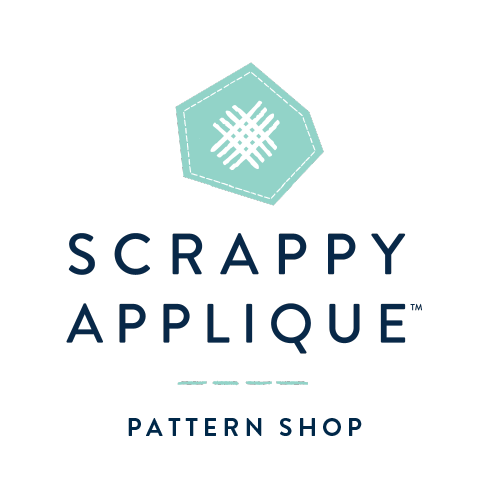I have a secret to tell you.... did you know that there are no right or wrong color combinations? Any color can go with any other color if you make a few adjustments: "Magic Color Dials", if you will, that you can adjust to make any combination of colors look lovely together.
We learned about the first of those 2 dials in my previous post on value (see link below) and we'll master the second "dial" today as we discuss color saturation.
This term may sound technical, but it is a concept that can be understood quickly, and when used well can make a huge difference in the color palettes that you put together. This is the 7th lesson in the color series I've been doing, Color Confidence for Quilters. If you missed any of the previous posts, you can find the links below. If you enjoy this article, be sure to sign up for email updates at the bottom of this post so you don't miss the other lessons in this series! Color Confidence for Quilters:
- Lesson 1: The Color Wheel
- Lesson 2: Monochromatic Color Palettes
- Lesson 3: Analogous Color Palettes
- Lesson 4: Complementary Color Palettes
- Lesson 5: Triadic Color Palettes
- Lesson 6: What is Color Value?
- Lesson 7: What is Color Saturation? (this post!)
Color Saturation
Last week we learned about the first "magic dial" that can be used to make ANY colors go together-- Value. Today, we're learning about the other magic dial, Saturation! Think about saturation in terms of watercolor paint-- when you barely dip a very wet brush into paint, the results when brushed on paper will be really pale, the color is hardly there. That is a color with really low saturation. Now, if you dip your brush in the paint, really rubbing it in/getting a lot of paint on the brush, the result is much brighter: It is more saturated.Color Saturation refers to the brightness/intensity of a hue.For each of the 3 colors below, each box is the same hue, only the saturation decreases as you move from left to the right.

HOW TO PLAY WITH SATURATION
Understanding this "magic saturation dial" to dial up or down the brightness of a color is a secret weapon that designers use to create lovely color palettes! Like value, you can pair ANY colors together and make them look lovely if you adjust the saturation.

Tip: Use less saturated fabrics to soften a (too) bright paletteHave you ever made a quilt for a little girl or boy, and they picked out colors that were so bright they gave you a headache? Next time, keep those bright colors they chose, but maybe add in a few with a lower saturation. You will likely have more fun putting it together and it will make the quilt look a bit more mature so it can grow with them.


If you find that a fabric palette that you've pulled looks a little dull, try adding a brighter fabric -- one fabric can brighten up a whole quilt.
Tip: Add slightly more saturated fabrics to brighten up a dull palette


A tone is a hue that has some gray in it. Duller fabrics often have some gray in them -- think Civil War prints, those are mostly tones.
Tip: Pay attention to the Tone



PRACTICE
The Exercise: Make an Ugly Palette Pretty


The next time you are underwhelmed by a fabric pull, ask yourself if you can add in brighter or paler fabrics to make the palette more exciting.
Now, I’d love to hear from you! Did you find this helpful? Do you tend to choose lots of highly saturated/bright prints, or do you reach for the muted, soft fabrics?


8 comments
I appreciate the time you have taken to create these colour articles. So helpful! I learn something with every post ?
All of your articles have been very helpful. I have printed off every one and made a portfolio that I can refer back to if I get stuck developing a color palate.
Your article was very helpful!! I can clearly see what you mean with the fabric spreads. Thanks for all the tips.